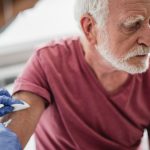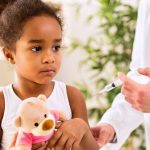
THURSDAY, Feb. 4, 2020 (HealthDay) — Being infected with the virus that causes COVID-19 is not a foolproof shield against reinfection, a small preliminary study warns. The finding stems from tracking nearly 3,250 young U.S. Marine recruits between May and October. Of those, 189 had previously tested positive for the SAR-CoV-2 virus. During the six-week study itself, 10% of those who had tested positive got reinfected. “You don’t have a get-out-of-jail-free card just because you have antibodies from a previous infection,” said study author Dr. Stuart Sealfon. He’s a professor of neurology at Icahn School of Medicine at Mount Sinai in New York City, which conducted the study in collaboration with the Naval Medical Research Center. The findings were recently published in the preprint server medRXiv and have not been peer-reviewed. All the Marines were beginning basic training and were initially held in Navy quarantine for two weeks, after two weeks of at-home quarantine, according to the study. Once training began, recruits were tested for COVID-19 every two weeks over a six-week period. The result: 19 of the 189 recruits who already had COVID tested positive for a second infection during the study. Researchers said first- and second- infections involved the same strain of the SARS-CoV-2 virus and none involved the new, more transmissible U.K., South African or Brazilian strains that have raised alarm in… read on > read on >




















-300x200.jpg)










